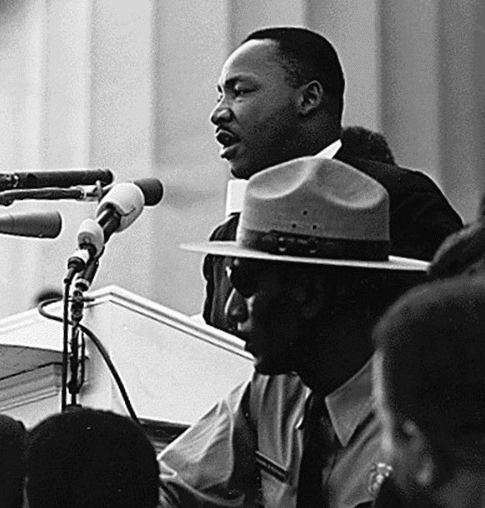 Deepen your comprehension of these complex grammatical forms so you use them effectively on GMAT Sentence Correction
Deepen your comprehension of these complex grammatical forms so you use them effectively on GMAT Sentence Correction
What is an adjectival phrase? What is an adjectival clause? What's the difference between them?
Points of Grammar:
An adjective is a word that modifies a noun. They are the colorful emotional words that spice up the language. For example, the quartet of adjectives based on the ancient medical theory of humors — "sanguine", "choleric", "bilious", and "phlegmatic" — span the range of human dispositions.
A phrase can be either a prepositional phrase (preposition + noun-object) or a participial phrase (participle form of a verb, with possible a direct object and/or adverb). If it modifies a noun, then it's an adjectival phrase.
The independent clause of the sentence – main subject and main verb — will not be an adverbial clause. A dependent (a.k.a. subordinate) clause also has its own subject and verb, and if it modifies a noun, then it's an adjectival clause.
Examples of Adjectival Phrases:
1) The book on my desk is by Tolstoy.
The preposition phrase "on my desk" is an adjectival phrase. It modifies the noun "book" — it specifies which book.
2) Diogenes is remembered as the man carrying a lantern in broad daylight.
The participial phrase "carrying a lantern in broad daylight" is an adjectival phrase. It modifies the noun "man" — it specifies which man.
Incidentally, within that participial phrase, the prepositional phrase "in broad daylight" is an adverbial phrase. It modifies the verb participle "carrying" — it specifies when he carried the lantern.
3) The Lone Ranger riding into the sunset is a vivid memory for an older generation of Americans.
The participial phrase "riding into the sunset" is an adjectival phrase. It modifies the noun "Lone Ranger" — it specifies the setting/activity of the Lone Ranger at that moment.
Examples of Adjectival Clauses:
4) "Any man who hates dogs and children can't be all bad." – W.C. Fields
The dependent clause "who hates dogs and children" is an adjectival clause. It modifies the noun "man" — it specifieswhat kindof man.
5) "I have a dream that my four little children will one day live in a nation where they will not be judged by the color of their skin but by the content of their character." — the Rev. Dr. Martin Luther King, Jr.
This is a double-whammy. The gigantic dependent clause "that my four little children will one day live in a nation where they will not be judged by the color of their skin but by the content of their character" is a big adjectival clause. It modifies the noun "dream" — it specifies what kind of dream.
Furthermore, the clause "where they will not be judged by the color of their skin but by the content of their character" is also an adjectival clause. It modifies the noun "nation" — it specifies what kind of nation.
Thus, this famous sentence has one adjectival clause nested inside another. Notice, also, the powerful use of parallelism. Such a high level of grammatical sophistication, conveying lofty moral ideals, is not at all surprising from one of the finest orators this nation has ever seen.
Why Are Adjectival Phrases & Clauses Important for the GMAT?
Likeadjectival phrases, adjectival phrases are one of the marks of sophisticated writing. I guarantee you will see them all over the GMAT Sentence Correction section. Learning them now, you will be forearmed. Furthermore, the more fluent you become withadjectival phrases, the more effectively you can use them in your own writing, including in the Analytical Writing Assessment of the GMAT; a well-chosen adjectival phrase will color a sentence a touch of with a vivid sense of tone, the perfect enhancement for any argument.
For free, here's a practice GMAT SC question, involving these ideas: https://gmat.magoosh.com/questions/1140
This post was written by Mike McGarry, GMAT Expert at Magoosh, and originally posted here.
